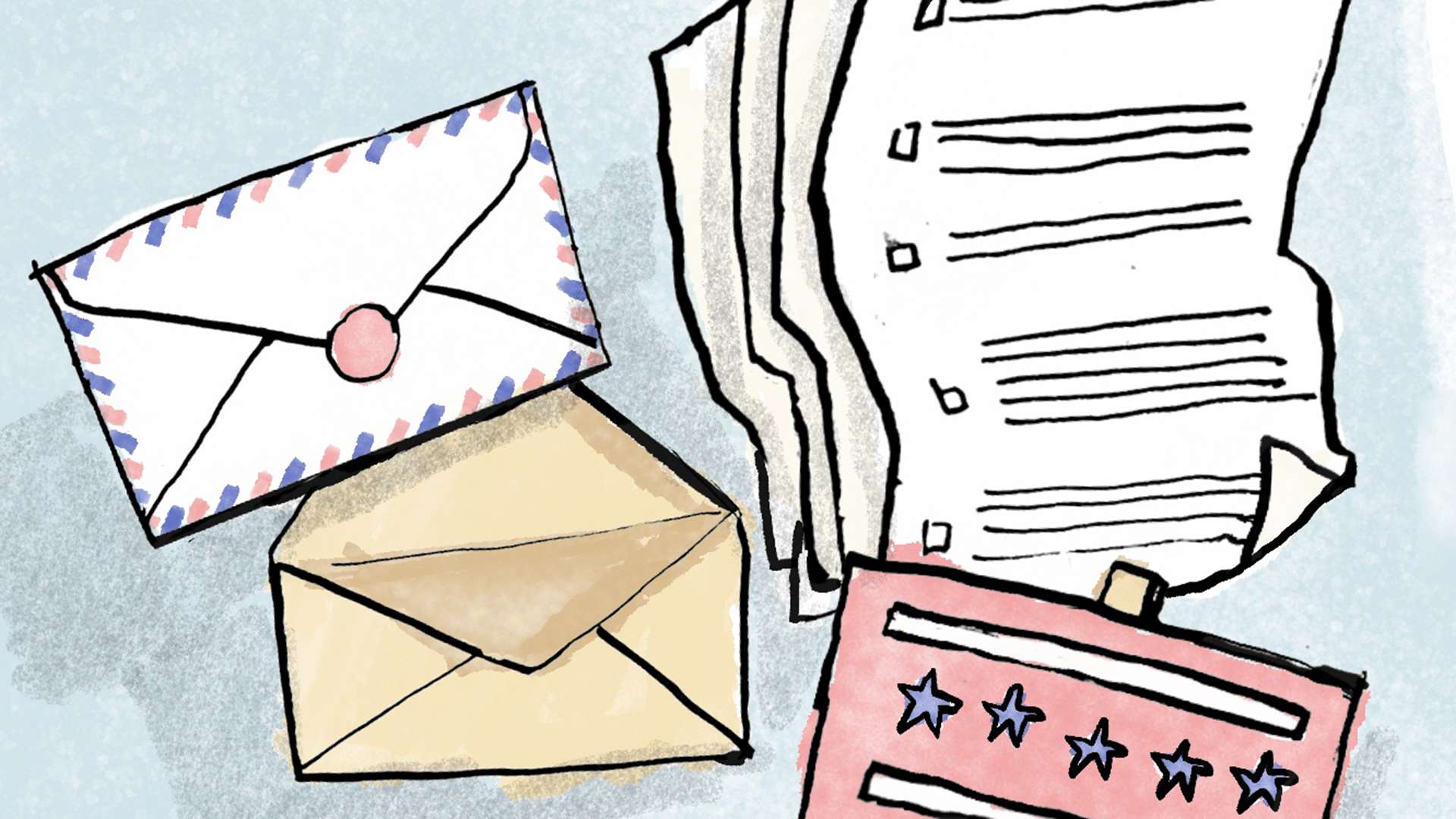I was rushed, late for a meeting, wanting to get my drink and go. I hurried past the order pick-up window to the drink dispenser. In the cramped space, an older man, hunched over a walker, stood two feet in front of the machine with his back to the wall.
He wasn’t moving toward the beverages, not that I could tell, so I assumed he was waiting on an order. I squeezed between him and the fountain. As the soda rose in my glass, annoyance rose in my heart. Why wait in such an inconvenient spot?
When my cup was full, I moved to the counter, snapped on a lid, and plunged a straw in. As I started walking away, I noticed the man. Our eyes locked for a fraction of a second. Then he turned toward the soda machine and shuffled a half-step.
It was only then that I noticed his hands. They held a small plastic water cup that he fumbled a bit as he tried to manage his walker. He had been waiting to get some water. I had cut in front of him to fill my cup. The realization happened in a split second as I headed to the door.
And this is the worst part: I just kept walking. I could have stopped, approached the man, and apologized for my rudeness. But I just kept walking. I could have asked if he needed help getting water. But I just kept walking.
I saw him in my mind for the rest of the day. I wondered what my actions told him. Did I confirm a sneaking suspicion he was no longer valuable in this world? That he was too small to be worthy of attention? Too weak to warrant help? Too insignificant for an apology?
Regardless of what I communicated to him (or any onlooker), I did something in my heart — I murdered that old man.
Oh, come on, Eric, you might object. Surely, you’re going to extremes!
But murder isn’t merely an action — it’s an attitude. In Matthew 5:21–22, Jesus says:
You have heard that it was said to our ancestors, ‘Do not murder, and whoever murders will be subject to judgment.’ But I tell you, everyone who is angry with his brother or sister will be subject to judgment. Whoever insults his brother or sister will be subject to the court. Whoever says, ‘You fool!’ will be subject to hellfire.
No, I wasn’t angry or spouting slurs at the man, but Jesus’ principle still holds. I was annoyed at his presence, and I insulted his person. My attitude said, “This man is worthless. Worth less than me. Worth less than my soda.” And for that, Jesus says, I deserve severe judgment.
That is why Jesus commands urgency in reconciliation. He says, in Matthew 5:23–24:
So if you are offering your gift on the altar, and there you remember that your brother or sister has something against you, leave your gift there in front of the altar. First go and be reconciled with your brother or sister, and then come and offer your gift.
Or, in my situation, if you’re heading to a meeting and cut in line before an older adult, leave your soda on the counter. Go be reconciled with your neighbor, and then enjoy your drink.
But I didn’t. I walked away — and now I can’t apologize to him. I’ve been back in that store a half-dozen times since, hoping I’ll see him and have the chance to apologize, but I haven’t and probably won’t.
So, what do I do? I’ve made the soda fountain a ritual of remembrance.
As I fill my glass, I remember that Jesus drank a bitter cup on my behalf, Luke 22:42 says. He is “the righteous one” and “the atoning sacrifice for our sins” (1 John 2:1–2). Jesus lived and died for my pride at the pop machine. And because of that, God “is faithful and righteous to forgive us our sins and to cleanse us from all unrighteousness” (1 John 1:9).
And I remember how Jesus wasn’t afraid to linger at a drink dispenser and offer life to a neighbor the world saw as worthless (John 4).





